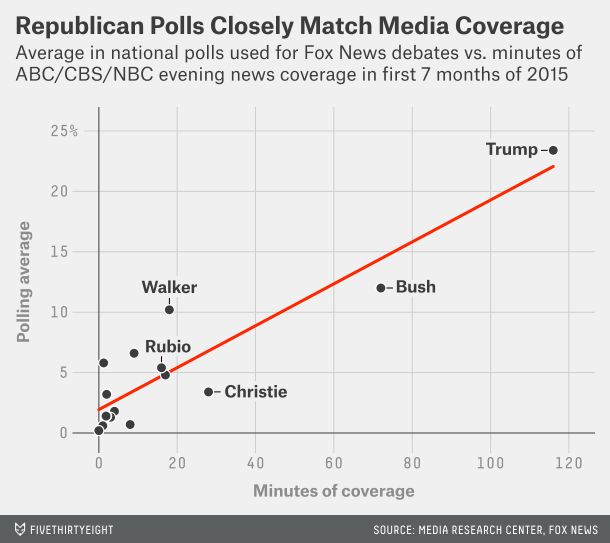CNN Snubs Only Woman in GOP Field Despite High Poll Numbers

There was general consensus among the public that Carly Fiorina won the first GOP "happy hour" debate and the poll numbers showed it. Now, even with high poll numbers, Fiorina is at risk of being relegated to CNN's undercard debate in September.
"Despite being solidly in the top 10 by every measure, the political establishment is still rigging the game to keep Carly off the main debate stage next month," Fiorina's deputy campaign manager, Sarah Isgur Flores writes.
According to Fiorina campaign's outpost on Medium, in three national polls released since the first debate, she ranks between fourth and seventh place.
Fiorina ranks 3rd in Arizona, 5th in Florida, 5th in Iowa, 2nd in Michigan, 7th in Missouri, 3rd in New Hampshire, 2nd in Nevada, 6th in North Carolina, 6th in Ohio, 4th in Pennsylvania, 4th in South Carolina, and 5th in Wisconsin.
Her problem is that CNN's criteria counts nine polls before the first GOP debate and only two polls since the debate. This places Fiorina at a disadvantage despite uncontestedly winning the first GOP B-list debate and having remarkably higher poll numbers since the debate.
In order to make CNN's debate, Fiorina's poll numbers must rise exponentially in the next couple weeks to make up for her low poll numbers preceding the first GOP debate.
The issue is that Fiorina should not have to try to make up for her meager poll numbers in the month preceding the first debate. Realistically, the debates should be based on the most recent poll numbers. If Fiorina ranks between fourth and seventh place, she should have a seat on the main debate stage. Period.
The debates are there for the public to decipher which candidates would make a qualified presidential candidate in the general election, and to weed out candidates that are not appealing to a given party's voters. Whether CNN is intentionally excluding Fiorina or not, their selection criteria prevents a true measurement of public sentiment.
Does anyone doubt that if Fox News did the exact same thing, that CNN commentators would be up in arms suggesting that Fox News and its viewers are "anti-woman" or some other class-pitting slur?
A deeper argument that should be brought to light is whether or not the media should have the discretionary power to determine what candidates the people do and do not get to see in a debate.
If a candidate, like Fiorina, for example, increases in the polls from the first debate to the second debate, yet is still relegated to the 'B-list,' we send a message to voters that their change in sentiment doesn't really matter because even when a candidate breaks through unlikely odds, the media won't give them the attention they need to persuade more voters.
Take Nate Silver's data, for instance, which shows how poll numbers are directly related to the amount of media coverage a candidate garners. Giving media outlets the power to determine the stories AND determine the debate criteria essentially hands them the keys to our democratic process.
"It’s a simple question: Will we have a fair debate process or will the political establishment keep ignoring grassroots Republicans?" Flores writes.
CNN should treat post-debate polling the same as pre-debate polling. This would be fair for the candidates who saw their numbers rise and would actually provide the public with an accurate portrayal of how each candidate currently ranks.
Besides, as the sole woman GOP candidate who currently ranks in the top ten, Fiorina should have her place on the main stage if only to embrace the diversity that CNN so often chastises others for failing to respect.
Photo Credit: Christopher Halloran / Shutterstock.com





